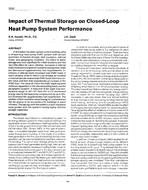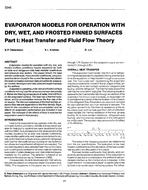Wind-driven rain is known to be a major source of moisture loads on building envelopes and is responsible for numerouscases of building envelope failures.Oneof the classic solutions for preventing the building envelope frombeing extensively exposedto wind-driven rain is the use of overhangs. Previous studies have shown that the introduction of the overhang can change boththe amount and the pattern of the wind-driven rain wetting of the facade significantly. In this work, the effects of overhangs onthe distribution of wind-driven rain on the windward facade of a low-rise building are discussed based on the results of numericalsimulations. It is shown that roof overhangs significantly reduce the amount of wind-driven rain deposition on the upper half ofthe facade.Wind speed is found to have a large influence on the protection that the overhang provides, while the intensity of rainfalldoes not have a significant effect. A physical explanation of the effects of overhangs is also presented.
Presented at Thermal Performance of Exterior Envelopes of Whole Buildings XII, December 2013
Citation: Thermal Performance of Exterior Envelopes of Whole Buildings XII
Product Details
- Published:
- 2013
- Number of Pages:
- 10
- File Size:
- 1 file , 5.2 MB
- Product Code(s):
- D-BldConf13-48


